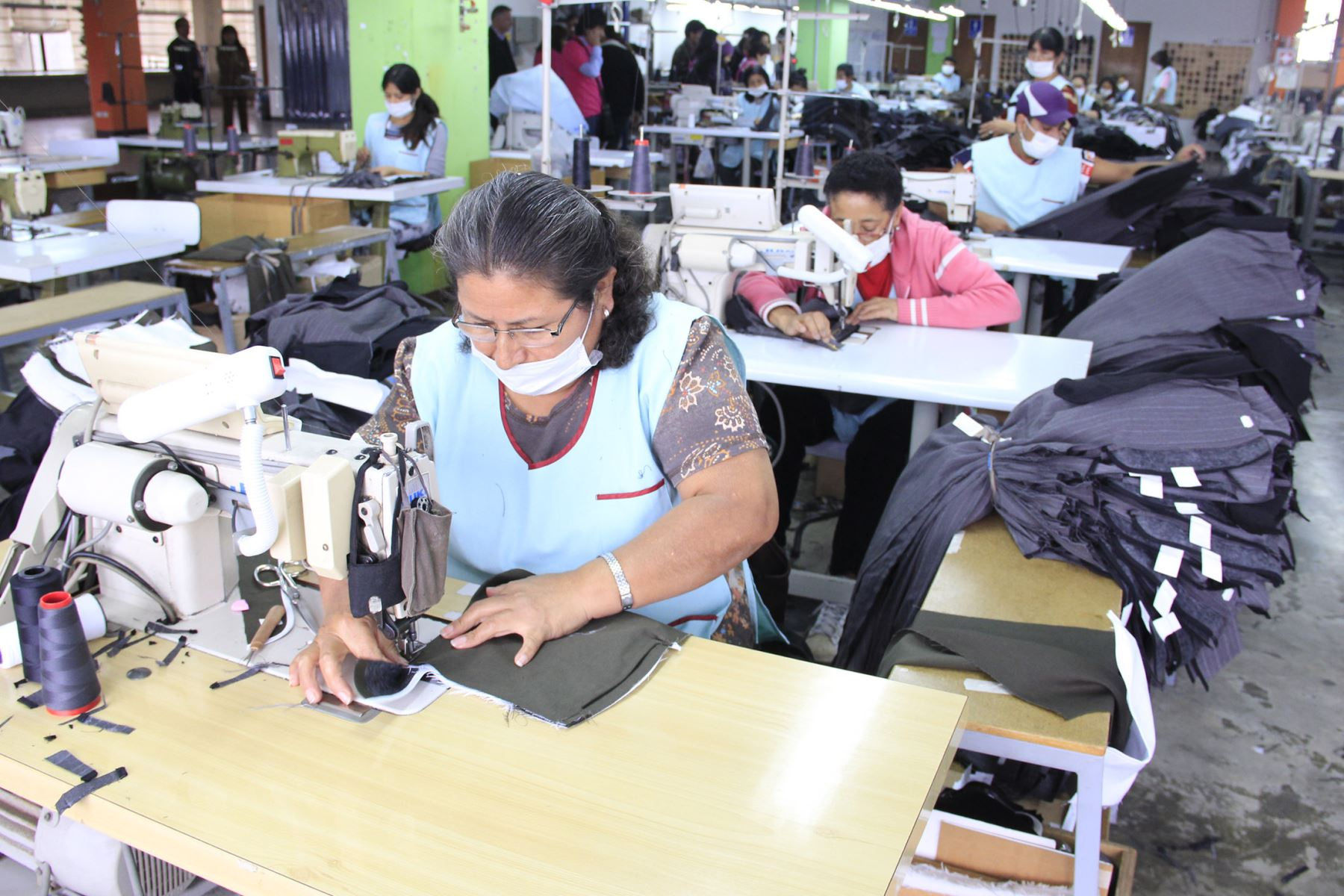
Of the companies that comply with technical standards, quality certifications and standardized processes, the vast majority are large and medium-sized, and less than 30% are micro and small businesses (mypes), According to a study presented by the National Quality Institute (Inacal) and the Inter-American Development Bank (IDB). Thus, there is still low access to quality infrastructure, and only 5% apply technical standards, 3% use calibrated measuring instruments and 2.7% carry out tests to improve their distinction.
Walter Ramírez, head of economic studies at Inacal, pointed out that the gap is due to the high costs, the time required and the lack of access to the information that microentrepreneurs and producer unions have. “Just 5% of the exported value comes from mypes, and 78% of those in charge of manufacturing do not use quality infrastructure. A strategic look is required on the part of the government,” he told La República.
For his part, Humberto Lozada, specialist in monitoring and evaluation of Produce programs and projects, pointed out that 90% of the companies in the country are microenterprises. But, according to data from Produce, they have 20 times less productivity than the large companies and do not have the prestige to continue expanding their sales portfolio.
“One of the reasons is information asymmetry. Buyers do not have the guarantee that the products offered or produced in the mypes have the necessary quality characteristics. That is, there is no signaling mechanism that the plaintiff requires, especially when the client is international and certain standards must be met,” he warned during the International Seminar on the Impact of Quality on Economic Growth and Business Performance.
Likewise, he reiterated that there are other difficulties for these entrepreneurs to access, since 79% sell below 3 UIT. That is, they have profits of S/4,000 per month, with which they pay their workers and can subsidize themselves, which makes it difficult to allocate resources to access services and improve quality.
Advantages of quality tools
Ramírez points out that, according to studies carried out by Inacal, for those companies that adopt certification tools, quality management systems and technical standards, it is possible to improve labor productivity by up to 35% and 39%, as well as increase the level of exports by up to 10%.
“Since the pandemic there has been an increase of more or less 30%, in adoption of a quality management system, certification in environmental issues and anti-bribery management systems”Walter Ramírez reiterated to this medium.
However, compared to Latin America, we are still below Colombia and Chile, and in Peru there are only 1% of formal companies that have quality management.
In that sense, according to the study presented by Mario D. Tello, researcher at the Pontifical Catholic University of Peru (PUCP), 75% of the companies that comply with the standards are large and medium-sized, which favors performance. and improves the international offer
“The advantages of using these instruments include increasing the reputation of the product among consumers and reducing production costs, since quality management usually produces more standardized products with less delay in the production process. Additionally, it reduces merchandise revaluation. The international market demands quality standards; It is no longer simply an instrument of help, but a necessary obligation to compete,” Tello highlighted.
Source: Larepublica
Alia is a professional author and journalist, working at 247 news agency. She writes on various topics from economy news to general interest pieces, providing readers with relevant and informative content. With years of experience, she brings a unique perspective and in-depth analysis to her work.











